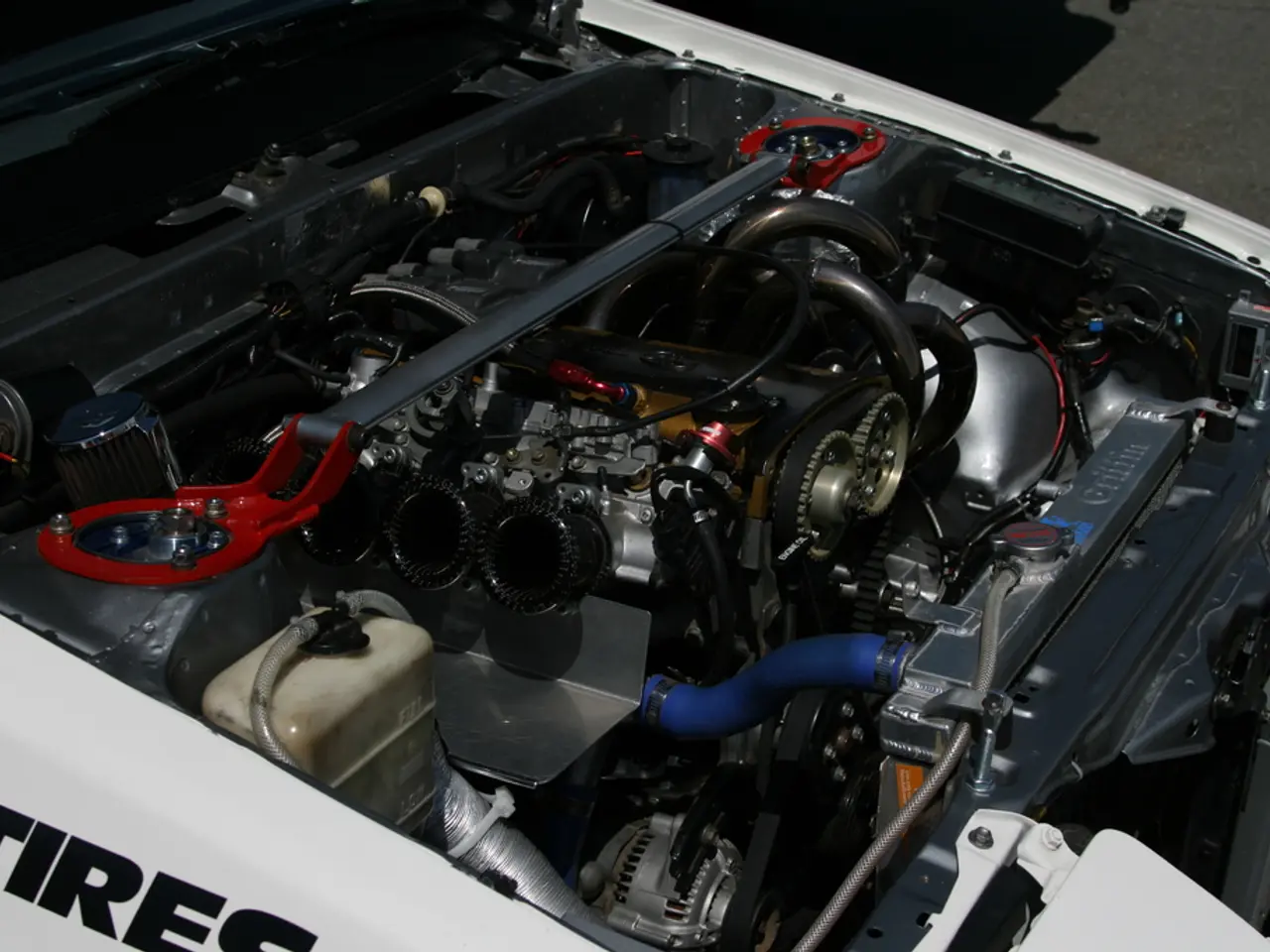Breakthrough in Power Technology: Solid-State Batteries Arrive, Set to Revolutionize Daily Life
In a groundbreaking development, the world of battery technology is on the cusp of a significant transformation, thanks to the advancements in solid-state batteries.
At the forefront of this revolution is Solid Power, a company that has recently produced the first full-size solid-state lithium-metal battery cells in their Louisville, Colorado, facility. Solid Power, partnered with automotive giants BMW and Ford, aims to put their batteries into consumer vehicles in just five years. BMW is currently testing these solid-state batteries in trial runs with the BMW i7 model.
The collaboration between Toyota and Panasonic took this innovation to a new level, showcasing the world's first solid-state battery electric vehicle at the Tokyo Olympics. This development promises a future where electric vehicles could recharge in minutes, similar to the rapid charge capabilities demonstrated by the Harvard lithium-metal battery, which was able to recharge in just three minutes back in May 2021.
However, the journey towards solid-state batteries has not been without challenges. Lithium metal's reactivity is a major concern, as it can corrode and cause dendrites to grow, potentially leading to fires. A solution to prevent dendrite growth and eliminate the risk of fire is a solid electrolyte, often made of a ceramic similar to a semiconductor. Solid electrolytes present additional challenges, such as matching the seal between the cathode and anode, and the brittle nature of ceramics leading to dendrite-friendly cracks.
Despite these challenges, the benefits of solid-state batteries are compelling. Lithium metal has a capacity 10 times that of graphite, the material used in current lithium-ion battery anodes. This means that solid-state batteries could potentially last up to 25 years or half a century, as stated by Xin Li, Ph.D., one of the Harvard researchers.
Solid Power's target is an OEM battery that is almost twice the energy density of current auto cells and charges to 90% in just 10 minutes. The company is also working to surpass the 1,000-cycle standard for rechargeability in their prototypes, a significant improvement over traditional lithium-ion cells.
The development of solid-state batteries could have far-reaching implications, extending beyond electric vehicles. For instance, pacemaker batteries could last half a century, transforming the lives of many patients.
While most other groups working on solid-state batteries are still in the research and development phase, there's significant investment in this field, despite no commercial product being available yet. A team at Harvard University made news in May 2021 for creating a lithium-metal cell that held its charge over 10,000 cycles, a testament to the potential of this technology.
The push to develop lithium-metal batteries has been driven by the growing demand for electric vehicles, as mentioned by Sakamoto, a researcher at the University of Michigan. As the world moves towards a more sustainable future, the development of solid-state batteries could be a crucial step in making electric vehicles a viable and convenient option for everyone.
Read also:
- Impact of Alcohol on the Human Body: Nine Aspects of Health Alteration Due to Alcohol Consumption
- Understanding the Concept of Obesity
- Microbiome's Impact on Emotional States, Judgement, and Mental Health Conditions
- Criticisms levelled by a patient advocate towards MPK's judgement on PCR testing procedures








